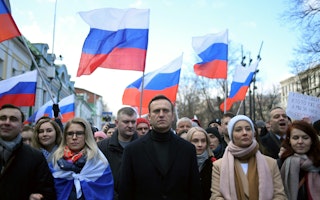Today, Greece is the European Union member state where journalism and the media face their most acute crisis. This study identifies the urgent problems facing media policy in Greece and how they affect independent journalism.
Since the 1980s and ’90s, deregulation has increased the viewing choices for audiences in Greece. At the same time, the legal and regulatory framework has helped concentrate ownership of press, television, and radio outlets. Private channels operate with temporary licenses and independent regulatory authorities function superficially and ambivalently. As a result, the market has been dominated by a handful of powerful newspaper interests, which have expanded into audiovisual and online media. Recent laws have further liberalized media ownership and cross-ownership.
Media Policy and Independent Journalism in Greece, based partly on in-depth interviews with key actors, explores these issues and more in this six-chapter report.
Download
-
Media Policy and Independent Journalism in Greece (577.77 Kb pdf file)
Download the complete 44-page report.
Read more
Racial Discrimination
A Community Rallies Against Racial Discrimination in Denmark

When Denmark’s housing policies used racial discrimination to upend their community, local residents looked to the law to fight back. Now their six-year legal challenge is before the European Union’s top court in Luxembourg.
Evidence for Accountability
Q&A: How Open Source Evidence Is Challenging Abuses, Atrocities, and Disinformation

Bellingcat has pioneered the use of open-source research to expose human rights abuses, atrocity crimes, and high-level corruption and other criminal activities involving governments, gangs, and other illicit actors.
Navalny’s Legacy
Night Country: The Mysterious Death of Alexei Navalny in Putin’s Russia

Alexei Navalny’s death underscores the paradox of Russian power—that the voice of one man imprisoned and isolated in the Arctic should be such a threat.
